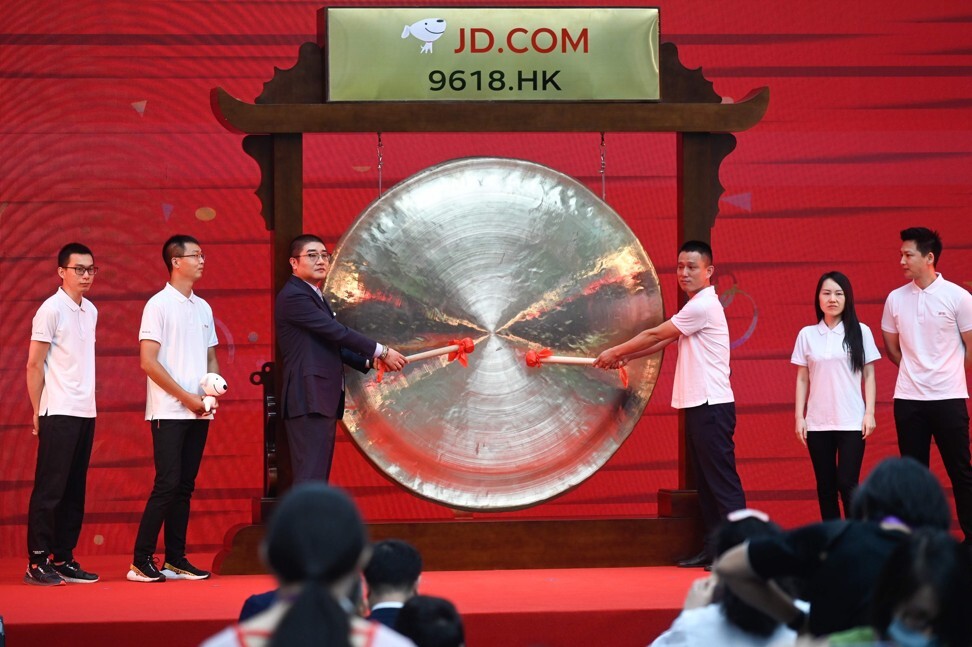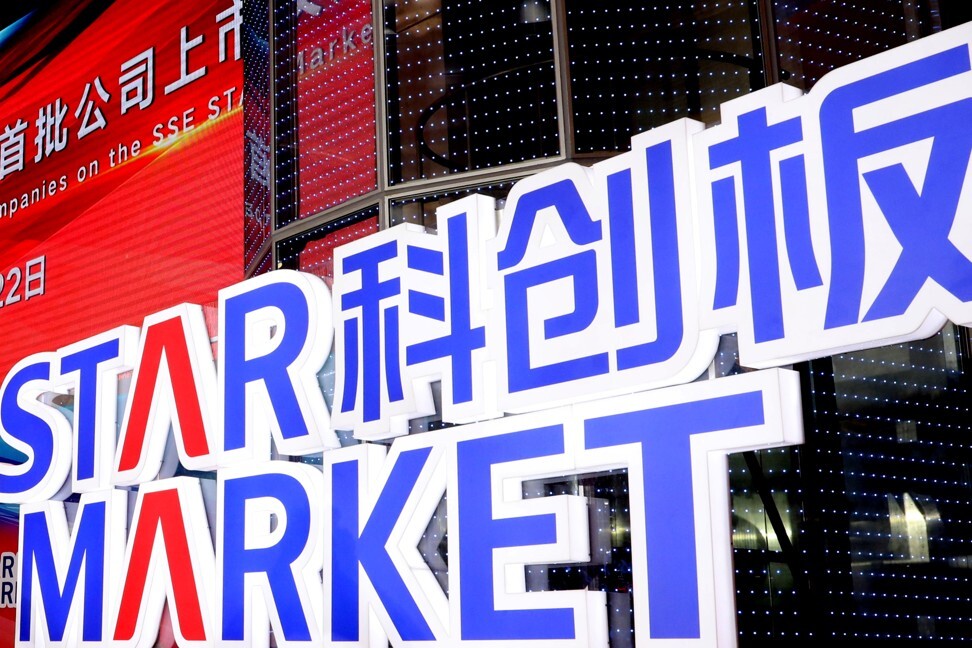
Hong Kong and Shanghai locked in tight race to be 2020’s top IPO venue for Chinese issuers
- Hong Kong continues to attract US-listed Chinese companies seeking backstop listings, but Shanghai is drawing mega deals
- More Chinese companies are listing in their domestic market after reforms made the Shanghai bourse, and its tech board, more IPO-friendly
As the city gradually emerges from the coronavirus shutdown, the last three months stand as the lowest second quarter in terms of deal number since 2016, with just 22 IPOs completed. For the last six months, the Hong Kong stock exchange raised US$11.18 billion from 54 IPOs, up 23 per cent from a year ago in proceeds terms; but the number of deals fell 19 per cent.
There remains a big gap between Hong Kong and the second-ranking Shanghai Stock Exchange, which raised US$13.59 billion from 77 IPOs. The US exchange Nasdaq topped the global ranking, raising US$15.65 billion from 48 IPOs, data from Refinitiv shows.

Despite the collateral benefit that Hong Kong seemingly enjoys from Washington’s attempt to decouple Wall Street’s links with China, more secondary listings might not be enough to secure the global lead the Hong Kong stock exchange enjoyed during the bulk of the past decade. The Shanghai Stock Exchange is beckoning more IPOs amid Beijing’s push for companies to make more use of equity fundraising.
“With reforms enabling loss-making companies to list on Shanghai and Shenzhen, Chinese exchanges will continue to attract a higher number of IPOs. Some Chinese companies can also price their deals at higher valuations than Hong Kong,” said Xu Lei, an analyst with Shenwan Hongyuan Securities based in Shanghai.
The new Science and Technology Innovation Board (Star), which waives the requirement that companies are profitable, which the Shanghai main board still insists upon for new issuers, is steadily dimming Hong Kong market’s appeal. Among the top three IPOs in Shanghai, both China Resources Microelectronics and robo vacuum cleaner maker Beijing Roborock Tech are Star board debutantes.
However, the mainstays of China’s old economy are still heading to the main board, including the jumbo Beijing Shanghai High Speed Railway which raised US$4.4 billion in the first quarter, becoming the world biggest deal so far this year.
For the second half, companies such as catering group Yum China, and internet and artificial intelligence giant Baidu, are among the few reportedly planning a Hong Kong listing as US-China tensions rise. A new US accounting rule passed by the Senate in May requires the audit firm of a listed company to be subject to US regulator’s inspection.
But Chinese companies ditching the US market and “returning home” is not new; and Hong Kong is not the only option for them either.

Some deal advisers said they expect a handful more of these Chinese companies to complete a Hong Kong listing this year. Deal size of these homecoming candidates will, however, unlikely surpass the US$3 billion each raised by JD.com and NetEase, they said.
These secondary listings would add to other sizeable deals in store for Hong Kong, which include China Bohai Bank’s offering that could raise up to US$2 billion, and liquid detergent maker Blue Moon, which is reportedly seeking to raise up to US$1 billion.
Ultimately, bankers said the choice for Chinese issuers between Hong Kong and China’s domestic markets is driven by the type of investor base that they want to reach.
With foreign exchange control still in place in China, institutional investors’ access to A-share IPOs is still limited. Hence for companies keen on attracting international investors’ capital and maintaining a global profile – which is often the case for Chinese internet, fintech, biotech and other technology companies – a Hong Kong listing is often preferred.
Over the longer term, the respective roles played by Hong Kong and the mainland exchanges would unlikely overlap, said Ike Song, head of international equity capital market at investment bank China Renaissance based in Hong Kong.
“While Chinese exchanges may attract more small Chinese companies in higher number, the Hong Kong market will continue to attract companies that focus more on international shareholder structure or corporate governance,” said Song.

